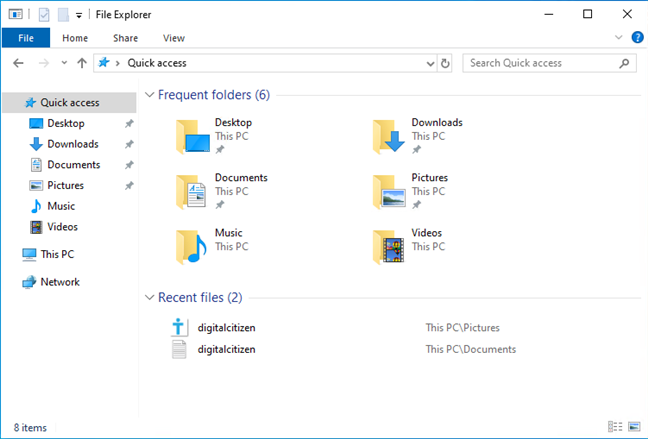

If a key cannot be found in the first location, the search goes on in the second location, and so on. (See Platform-Specific Notes below for information on what these locations are on the different platforms supported by Qt.) a system-wide location for all applications by MySoft.a system-wide location for the Star Runner application.a user-specific location for all applications by MySoft.a user-specific location for the Star Runner application.When you look up a value, up to four locations are searched in that order: Let's assume that you have created a QSettings object with the organization name MySoft and the application name Star Runner. See beginReadArray() and beginWriteArray() for details. In addition to groups, QSettings also supports an "array" concept. If a group is set using beginGroup(), the behavior of most functions changes consequently. setValue( "visible", panel - >isVisible()) setValue( "fullScreen", win - >isFullScreen()) You can form hierarchical keys using the '/' character as a separator, similar to Unix file paths.
How do i register default folder x windows#
On windows '\' are converted by QSettings to '/', which makes them identical.
How do i register default folder x portable#
QSettings is an abstraction around these technologies, enabling you to save and restore application settings in a portable manner. On Unix systems, in the absence of a standard, many applications (including the KDE applications) use INI text files. This information is often stored in the system registry on Windows, and in property list files on macOS and iOS. Users normally expect an application to remember its settings (window sizes and positions, options, etc.) across sessions. Value(const QString & key, const QVariant & defaultValue = QVariant()) const SetValue(const QString & key, const QVariant & value)

QSettings(const QString & organization, const QString & application = QString(), QObject * parent = nullptr)īeginWriteArray(const QString & prefix, int size = -1) QSettings(QSettings::Scope scope, const QString & organization, const QString & application = QString(), QObject * parent = nullptr) QSettings(QSettings::Format format, QSettings::Scope scope, const QString & organization, const QString & application = QString(), QObject * parent = nullptr) QSettings(const QString & fileName, QSettings::Format format, QObject * parent = nullptr) See this guide for more info.QSettings(QSettings::Scope scope, QObject * parent = nullptr) Upon startup and configuration permitting, the registry is able to auto initialize itself from default JSON service definitions available to CAS. Please review this guide to learn more about available options. If CAS is to deployed in a cluster, the service definition files must be kept in sync for all CAS nodes.


 0 kommentar(er)
0 kommentar(er)
